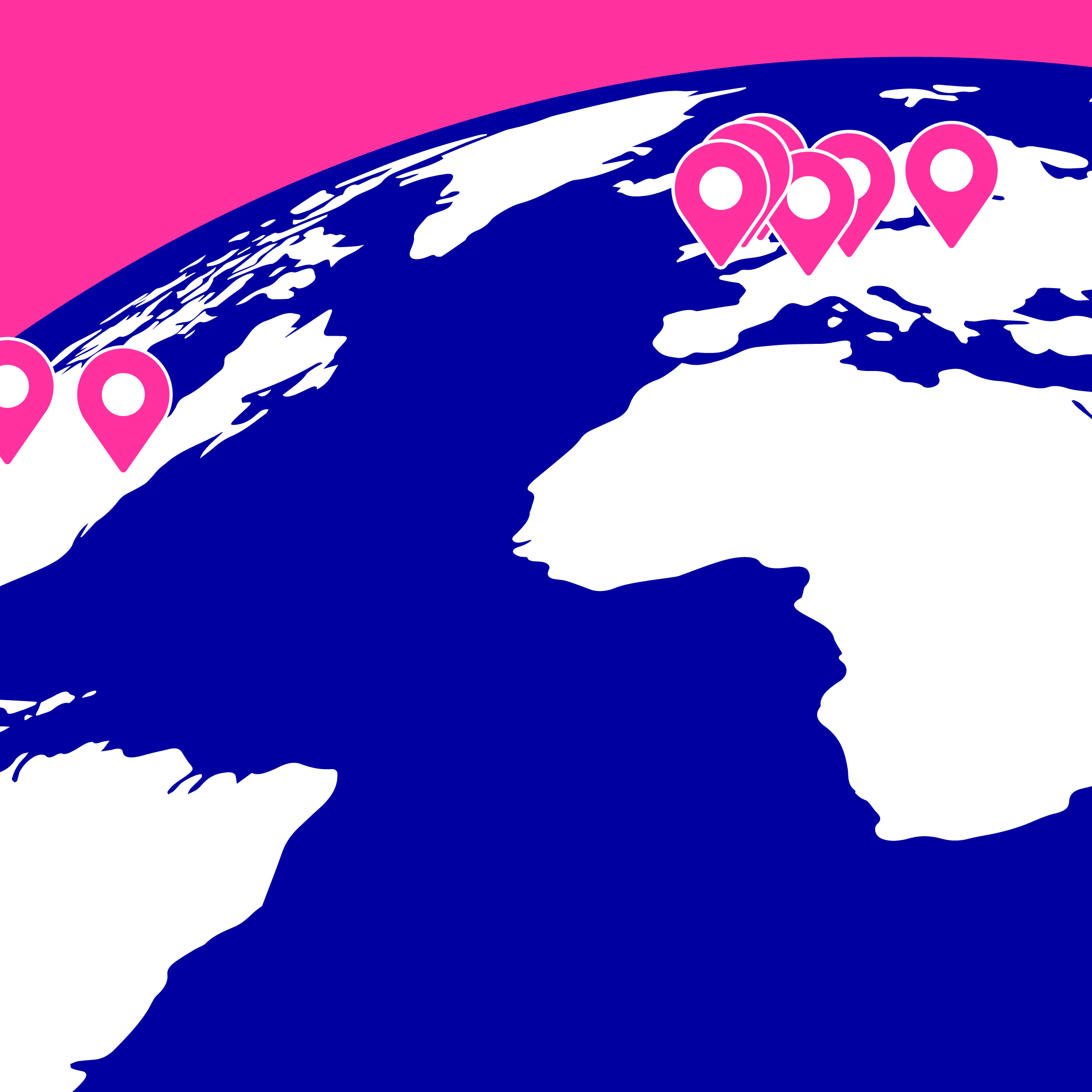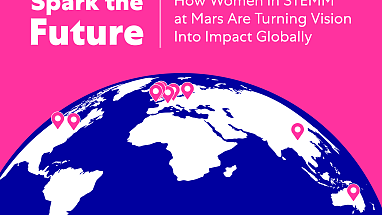COP27 is the United Nations Climate Change Conference(Opens a new window). And it’s expected to be a driving force in the fight against climate change.
Each November, the United Nations Framework Convention on Climate Change (UNFCCC) convenes what is called a Conference of Parties (COP), a meeting that brings together leaders and delegates from around the world to strengthen their commitments and actions against specific climate change goals. Because the science presented by the Intergovernmental Panel on Climate Change (IPCC) has established beyond a doubt that the window for action is rapidly closing, the vision of COP27 is to move from negotiations on what countries can contribute to implementation and action.
Who are “the Parties” that make up a COP? The parties are the 198 countries that ratified the United Nations Framework Convention on Climate Change(Opens a new window) (UNFCCC). The UNFCCC is an international treaty focused on preventing dangerous human interference with the climate system, primarily by stabilizing greenhouse gas (GHG) emissions.
Who attends COP27? There are actually other types of “COPs,” but this one is specific to the UNFCCC. Nearly every country in the world is party to the UNFCCC. Some 200 world leaders and 30,000 delegates typically attend, participate in discussions, report on progress since the 2015 Paris Agreement and continue to make decisions on how to reduce greenhouse gas (GHG) emissions while combatting the impact climate change is already having.
How is Mars involved in COP27? With the world’s environmental, business and civil society leaders gathered to address climate action, our Mars events and initiatives will focus on how we’re providing solutions and acting on the climate crisis by working with partners around the world.
What’s on this year’s COP agenda? The meeting’s main goal is to “…seek to accelerate global climate action through emissions reduction, scaled-up adaptation efforts and enhanced flows of appropriate finance.” The COP27 program will cover a variety of subjects and each day will have a theme, including finance, water, decarbonization, science, solutions, gender, energy, biodiversity, youth, indigenous peoples and civil society. Among key focus areas will be the promise of innovation and clean technologies, as well as the importance of water and agriculture to the climate crisis.
What’s COP’s history? Following the drafting of the 1992 UNFCCC treaty, the first COP was held in Berlin in 1995 and has been held every year since, with the exception of 2020, when it was postponed due to the COVID-19 pandemic. Since then, nations have met in a different city annually to reaffirm their commitments, assess progress and continue to develop strategies.
During COP21, the historic Paris Agreement(Opens a new window) was designed to bring nations together to combat climate change – keeping a global temperature rise this century below 2 degrees Celsius while pursuing efforts to limit the increase even further to 1.5 degrees – and adapt to its effects, while supporting developing countries with the same goals.
What will COP27’s legacy be? It might be too soon to tell, but the hope is that COP27 will be the turning point where the world came together and demonstrated the political will to take on the climate challenge through concerted, collaborative and impactful action. There are some tough issues on the table this year, but it’s clear the urgency couldn’t be higher.
But what can’t be underestimated is that there is a single, united, international community working for the common good of our shared planet and humanity. Mars will be there to support that work and to encourage faster progress.












